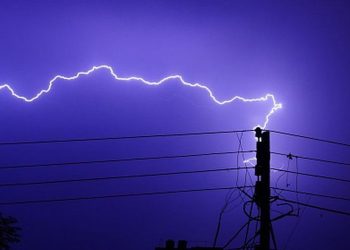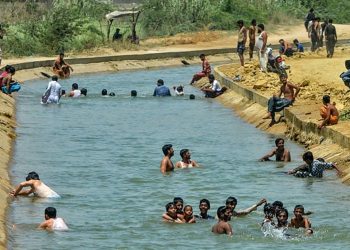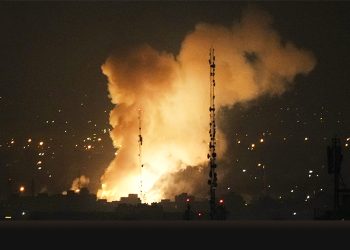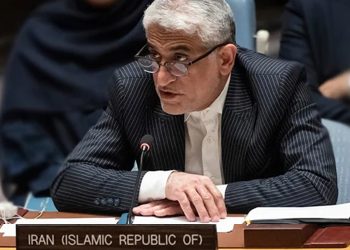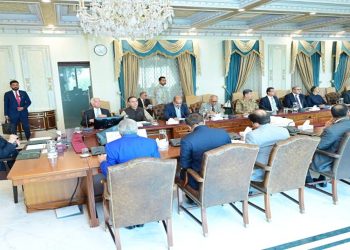Afghanistan’s Taliban leadership has declared their intention to limit or entirely shut down Facebook access, eliciting criticism from human rights advocates.
In a recent interview with TOLO news, a Kabul-based outlet, the Taliban’s provisional telecommunications and information technology minister, Najibullah Haqqani, verified these intentions.
After enduring a prolonged period of conflict and blockade, a vast number of Afghan citizens face restricted cellular and internet connectivity, contributing to an escalating blackout of information.
The interim rulers have imposed prohibitions on various everyday activities, including the education and employment of girls and women, formal educational establishments, musical entertainment, and beauty services, as well as barring women from entering national and public parks.
Moreover, the stringent Islamist government has proscribed Facebook pages belonging to international news organizations such as the BBC, Voice of America, Radio Free Europe/Radio Liberty, and Deutsche Welle. Despite this, the Committee to Protect Journalists (CPJ) reported on Monday that these pages remain accessible within Afghanistan.
CPJ has expressed that the move to curtail or block Facebook will deal an additional blow to the already fragile state of information freedom in the country ravaged by war.
The organization also highlighted the arrest of journalists, the shutdown of Afghan news sites, and the obstruction of access to international media.
Beh Lih Yi, the Asia program coordinator for CPJ, has voiced strong opposition to the Taliban’s recent proposal.









